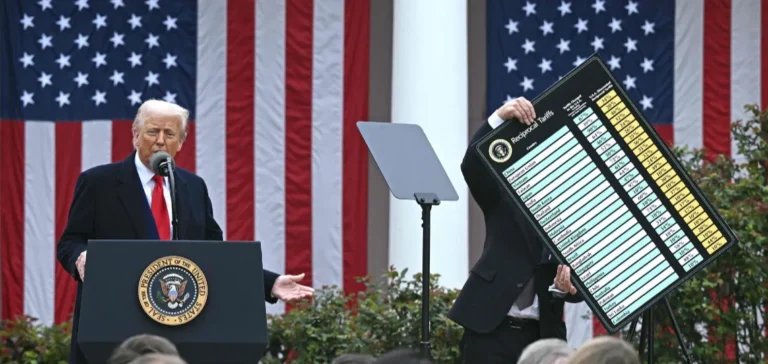US-based Liberty Energy, a company specialised in oilfield services and decentralised power generation, reported mounting pressure on its operations due to the current trade policy. During its third-quarter earnings presentation, the company highlighted that import tariffs on industrial materials are undermining the deployment of strategic energy infrastructure.
Tariff increases misaligned with federal priorities
Liberty Energy President and Chief Executive Officer Ron Gusek stated that taxes on imported components are restricting access to the equipment required for power generation installations and drilling operations. He referred to the government’s ambitions in artificial intelligence, which depend on expanded energy capacity, particularly for data centres.
“Many of these components are made abroad and are now subject to tariffs,” Gusek said, citing Liberty Energy’s former executive Chris Wright, now leading the United States Department of Energy. He questioned the coherence between the administration’s strategic objectives and its trade restrictions on industrial imports.
Weakened oilfield activity
Oilfield activity remains below 2024 levels despite a modest recovery in the second half of the year. As of early October, 589 drilling rigs were active, a decline of 9% year-on-year. The number of hydraulic fracturing crews dropped by over 25% during the same period.
Operators across the oil sector are showing caution in the face of volatile pricing and an uncertain regulatory environment. According to Liberty Energy, oil market trends have more than offset the rise in natural gas-related activity, which continues to benefit from expanding liquefied natural gas exports and increasing electricity demand.
Investment shift toward power production
In response to these constraints, Liberty Energy is accelerating its Power Innovations business, which focuses on gas-powered on-site generation projects for industrial, commercial and high-performance computing infrastructure.
The company expects to reach 500 megawatts of installed capacity by the end of 2026, with a cumulative target of 1 gigawatt by the end of 2027. Gusek noted that the share of capacity serving data centre customers now exceeds initial projections made when the programme was launched in 2023.






















